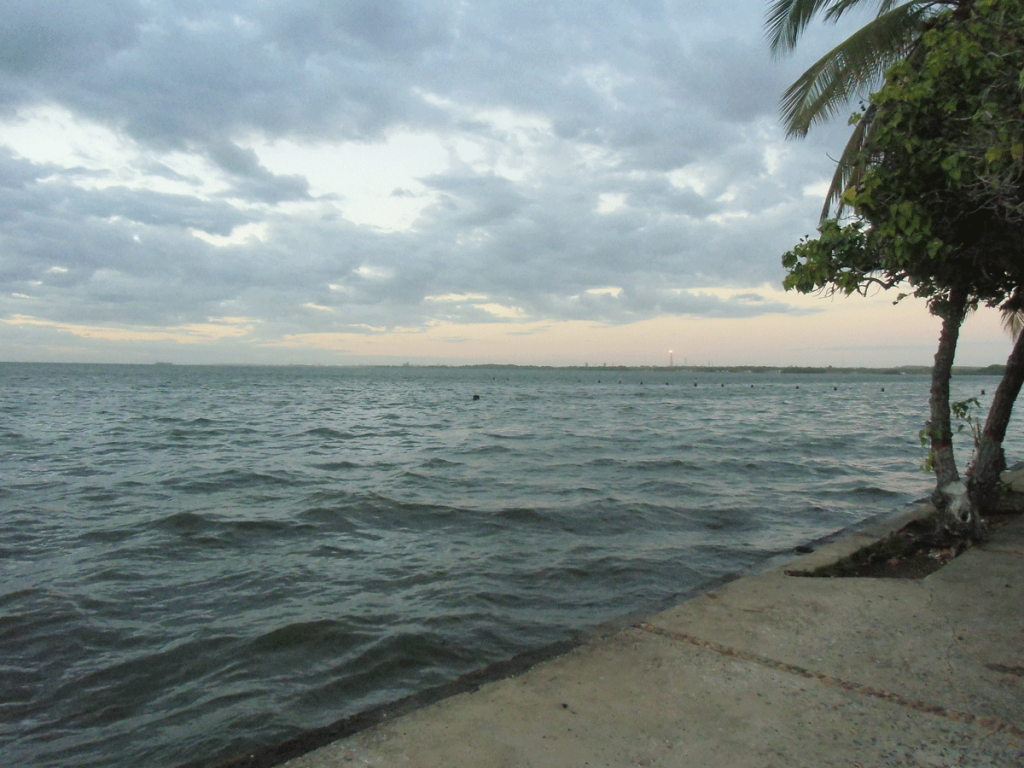
Chevron Corp. is urging Venezuela to clean up Lake Maracaibo in the hope of almost doubling the amount of oil that can be loaded on its ships, which currently risk running aground because of an accumulation of sediment.
The US driller is paying for a study for state oil company Petroleos de Venezuela SA to measure the mud and muck in the water, according to people familiar with the situation who asked not to be identified because the plan hasn’t been made public.
Maracaibo, a Caribbean inlet the size of Connecticut and one of the oldest lakes on Earth, is where Venezuela’s oil industry got its start. After a century of relentless and — most recently — reckless drilling, oil slicks stain the surface of the lake and sediment grows at the bottom.
PDVSA did not respond to a request for comment. In an emailed statement, Chevron confirmed it began shipping from Venezuela in January but did not comment on the dredging. “Our focus is on supporting safe and reliable operations,” the company said.
Chevron ships Venezuelan crude from Maracaibo to Gulf Coast refineries, including its Pascagoula facility in Mississippi which was designed to handle the South American country’s thick, sulfurous oil. Cargoes exported by the US driller are limited to no more than 250,000 barrels because heavier loads can’t reach the Caribbean. While PDVSA initially reached out to a Dutch company for dredging, no payment has been made, the people said.
Venezuelan crude oil exports fell in February as increased flows to the US failed to offset a sharp drop in volumes to China, according to Vortexa and shipping data compiled by Bloomberg.






